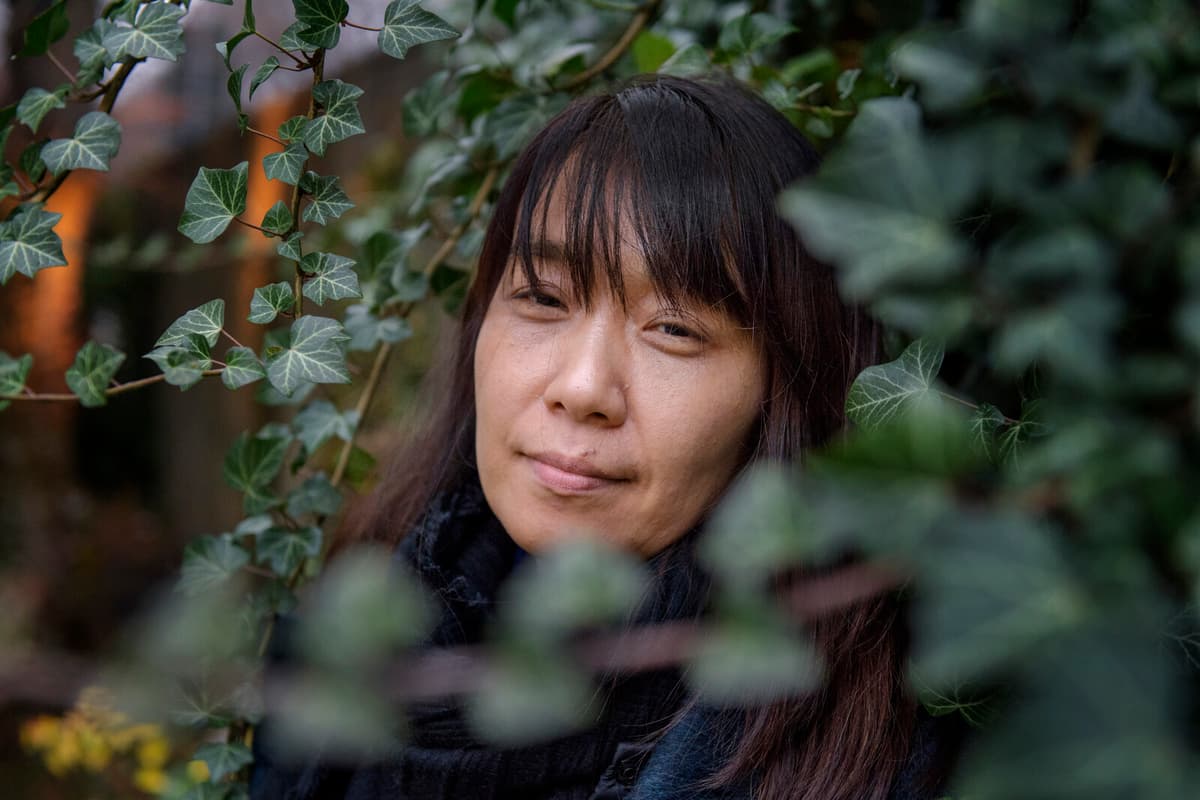When Han Kang received the international Booker Prize in 2016 for the absurdist "Vegetarian", South Korea's President Park Geun-hye refused to congratulate her. "Vegetarian", about Yeong-hye who wants to become a plant, can be read as an allegory over a brutal and oppressive society, but the president's silence was due to the novel she had written afterwards, "Living and Dead".
In it, Han Kang tackles what is still South Korea's painful wound, the 1980 Kwangju massacre, when the military crushed a popular uprising.
The fact that the regime does not like the book shows that they do not like the truth about the Kwangju massacre. They do not like it to be remembered and talked about, but after I published this book, so many other people said thank you, explained Han Kang in an interview with TT, where she also told that she initially felt embarrassed by all the appreciation.
Hidden Photo Album
Han Kang's family had moved from Kwangju in 1979, just a few months before the brutality that followed. As a 12-year-old, she found a photo album with pictures from the massacre that her parents had tried to hide away.
In the novel, Han Kang tells how something broke inside her when she saw the pictures of the many who were tortured and shot by the military.
Based on documentary sources, she portrayed the violence, but also the goodness and self-sacrifice that was expressed in Kwangju.
I think the book is more about human nature, which makes it perhaps more universal, what does it mean to be human? I saw something universal in Kwangju, she said to TT.
"Outstanding"
Her Swedish translator Anders Karlsson highlights Han Kang's "outstanding observational ability" which he thinks is condensed into an exact language. She takes on the horrific, but without the reader backing away.
Her literary method can be described as a kind of linguistic archaeology where she uncovers the forgotten people. The Gothenburg Book Fair hosted her in 2019 with "The White Book", a largely autobiographical and poetic novel that is rooted in the story of her sister, her parents' firstborn, who died just a few hours old, a sorrow that her family has always carried with them.
"Don't die, please, don't die" she lets the mother say to her child, a sentence that, Han Kang discovered much later, was also in "Living and Dead".
Maybe it's the most important sentence in my life, she has explained to TT.
Born: 1970.
Grew up: In Kwangju and later in a suburb of Seoul. Her father was also a writer.
Lives: In Bundang, just outside Seoul.
Family: A son.
Books: "Vegetarian", her third novel, was published in 2007 in South Korea and 2017 in Swedish. She has also published poetry, short stories, and essays. In Swedish, "Living and Dead" (2016), "The White Book" (2019), and "I Don't Say Goodbye" (2024) are also available.
In 1980, the then South Korean regime introduced martial law throughout the country to quell popular demonstrations. In the city of Kwangju, students and industrial workers who worked under hazardous conditions protested. The uprising was, however, crushed by the military. Hundreds of civilians died. It wasn't until 1997 that the massacre got an official memorial day, and the death toll is still deeply disputed.
Source: Deborah Smith's foreword to "Living and Dead", translated into Swedish from the English translation.






